ROSE BRUFORD COLLEGE AWARDED £1.9M CAPITAL FUNDING FROM THE OFFICE FOR STUDENTS
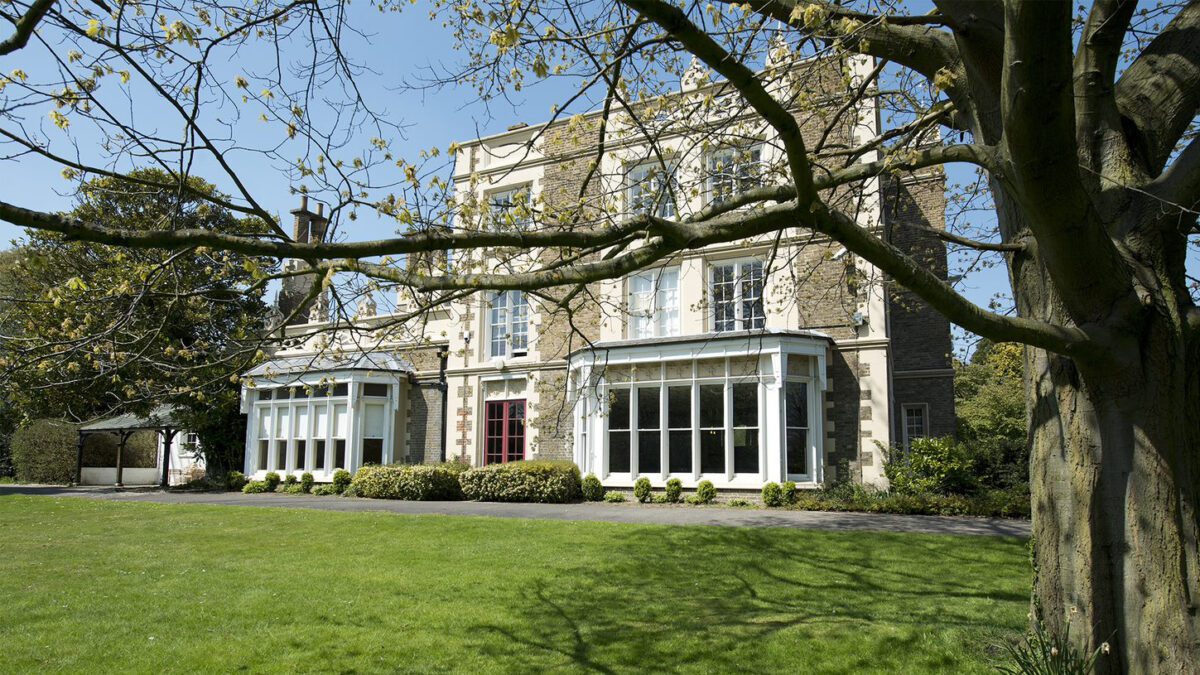
Offering students the chance to work with cutting-edge technology.
Rose Bruford College (@rosebruford), one of the UK’s premiere Theatre and Performance institutions, has been awarded a £1.9 million capital grant from the Office for Students – the independent regulator for higher education in England. This grant will offer students unapparelled opportunities to use cutting-edge technology and builds on the investment into the College’s Centre for Digital Production, which was opened in 2020. The Centre is one of the first of its kind, offering students the chance to develop skills in virtual theatre and digital content design, with a focus on virtual reality, mixed reality and motion capture technology.
The investment will enable the college to develop its next stage physical and cutting-edge industry standard digital infrastructure and will support the innovative changes to the existing curriculum, being spearheaded by new Vice Principal Mary Oliver, who joined Rose Bruford College in June 2021. These changes will be implemented in early 2022, enabling current students across all courses to develop new skills as well as the intake in September 2022.
Bernardine Evaristo, President of Rose Bruford College said,
“I am so pleased that the College has been awarded a substantial grant to develop its ambitious technological resources. In keeping with our times, it’s absolutely crucial that the college is able to provide the infrastructure that will enhance student’s skills development and better prepare them to meet the needs of the sector.”
The OfS capital funding bid focused on the learning and training experience the college can provide as part of the industry’s move into a new mixed reality stagecraft, much of which was accelerated during the pandemic. This encompasses the full range of practitioners – from lighting programmers and audio engineers to digital content creators – required for the UK’s screen, immersive media, and performance sectors to meet demand and innovate in delivery.
Examples of some of the immediate infrastructure investment enabled by the funding include:
- Creation of ‘Smart’ mixed-reality stages
- Expansion of the College’s motion capture capacity
- Immersive 3D sound systems for all stages and labs
- Automated, sustainable LED lighting
- Enhancing access to learning
- Expansion of existing visualisation systems
- VR wearables
- Expansion of games engine and VR production tools
Bryan Raven, MD of White Light, said,
“White Light has been at the forefront of developments in Extended Reality (xR) with our SmartStage system, which is an immersive video environment which replaces the traditional green screen element of a virtual studio and allows the presenters and audience to see and interact with the content around them. The system is based around software that was developed primarily for the video gaming industry being run through hardware from the live event industry. It is imperative that we develop more people who understand this technology as we have a chronic skills shortage at the moment, made worse by the COVID pandemic. We are very pleased to see that Rose Bruford College will be developing its courses to teach this technology, with access to the necessary virtual environments, which will be of enormous benefit to the live event and entertainment industry as a whole. If the UK is to retain its position as the leading exponent in these areas, we need the next generation of technicians to have this knowledge in their arsenal.”
Vice Principal Mary Oliver said,
“This investment ensures that our graduates will be driving the future of theatre and screen production, able to enter employment across a much greater range of industry settings as a result of the technological convergence between our different media and technology practices”.

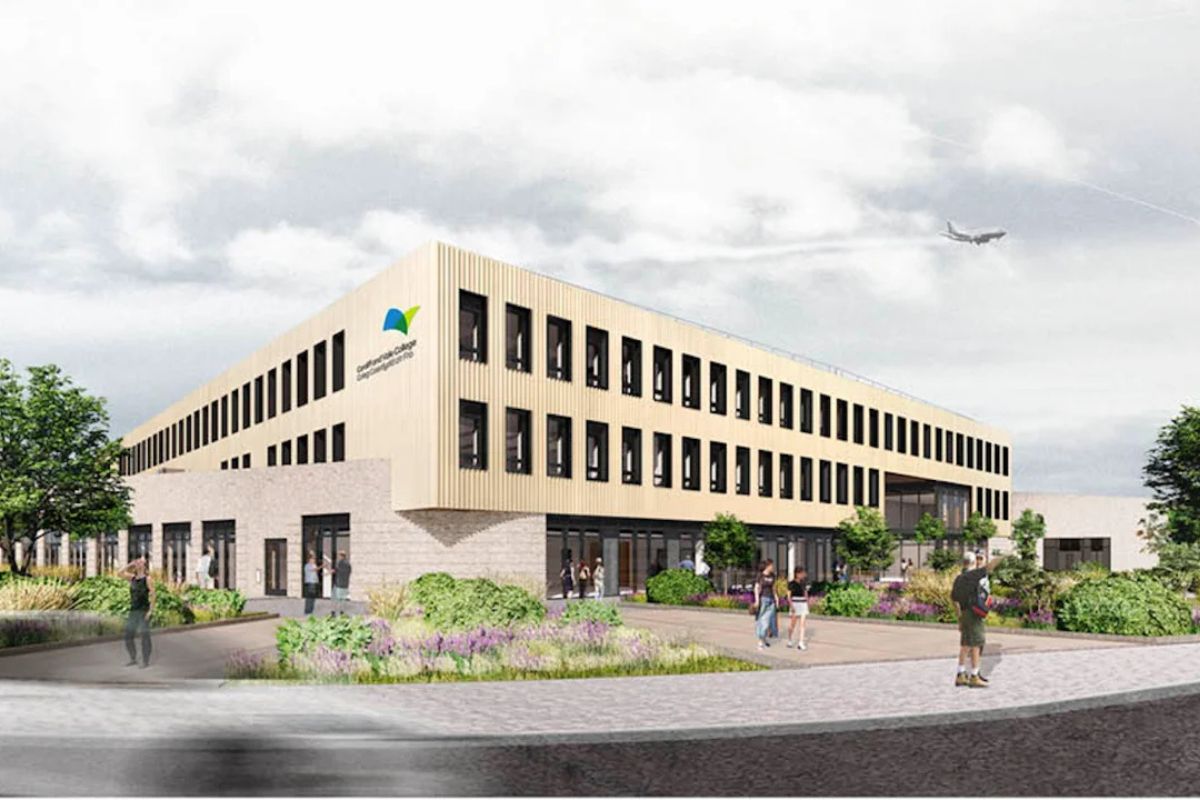




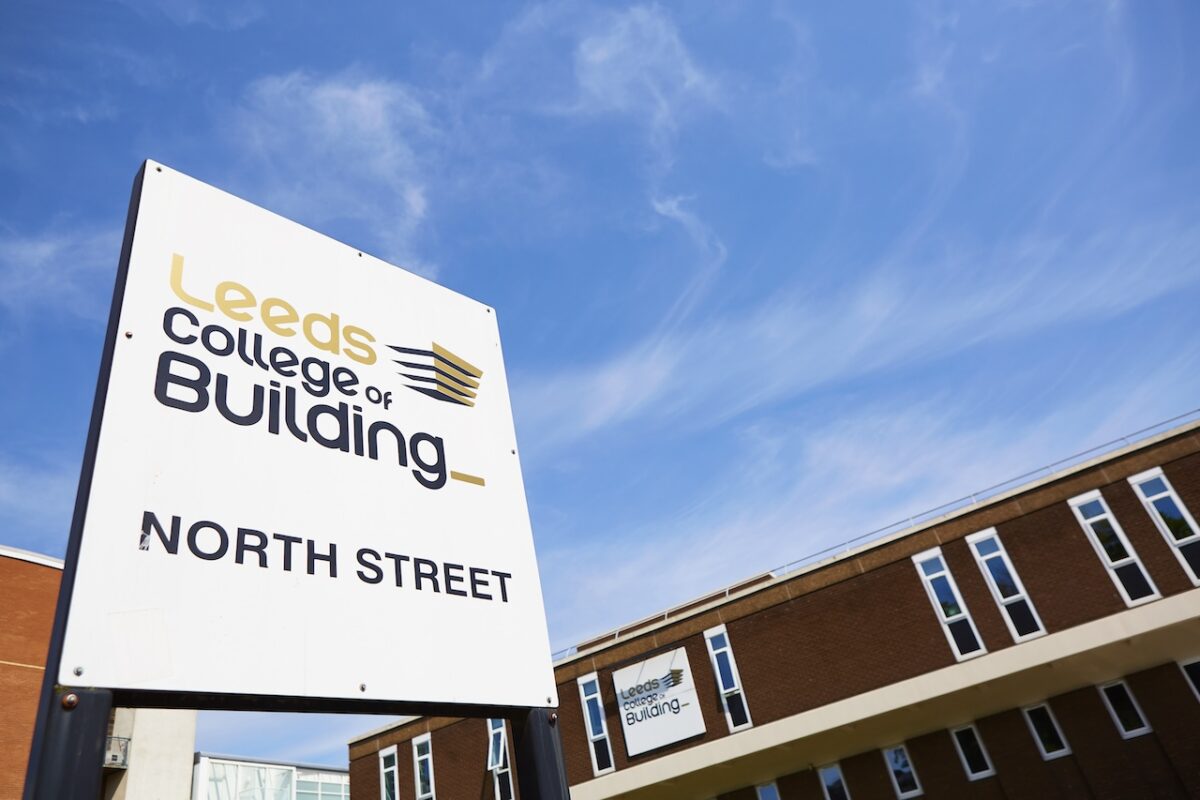
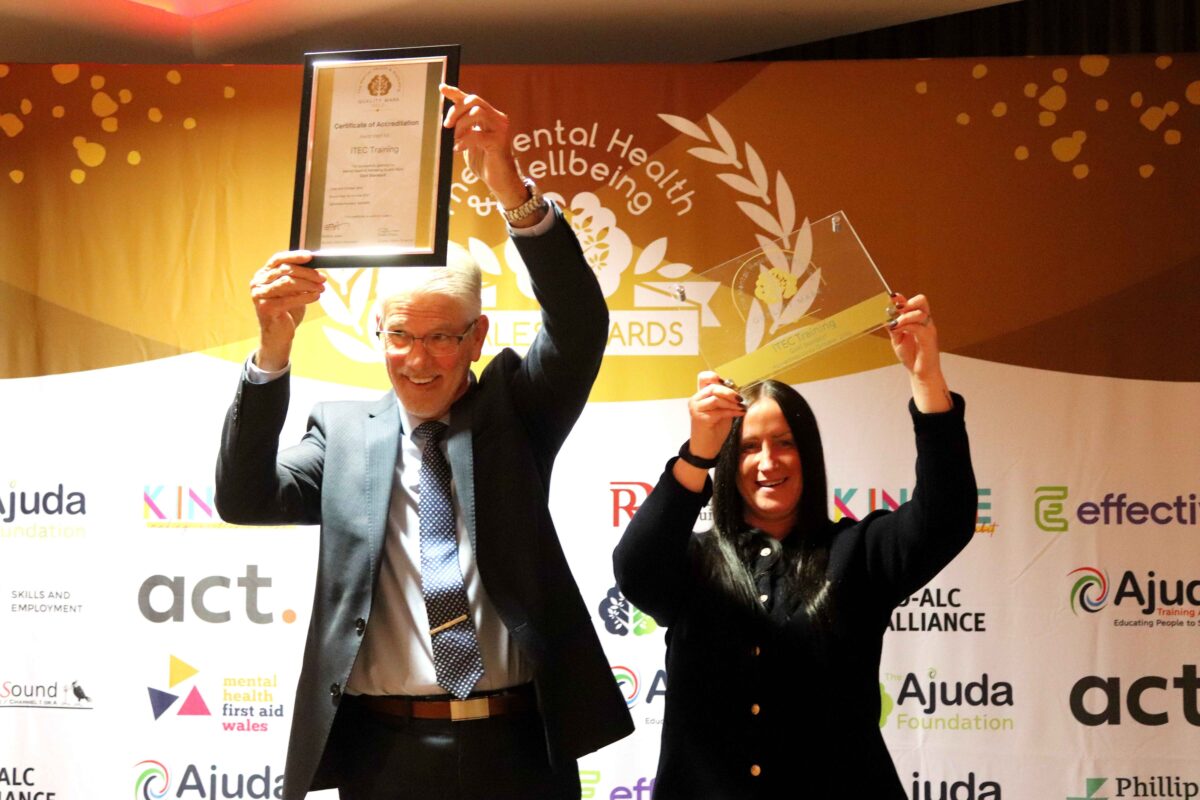
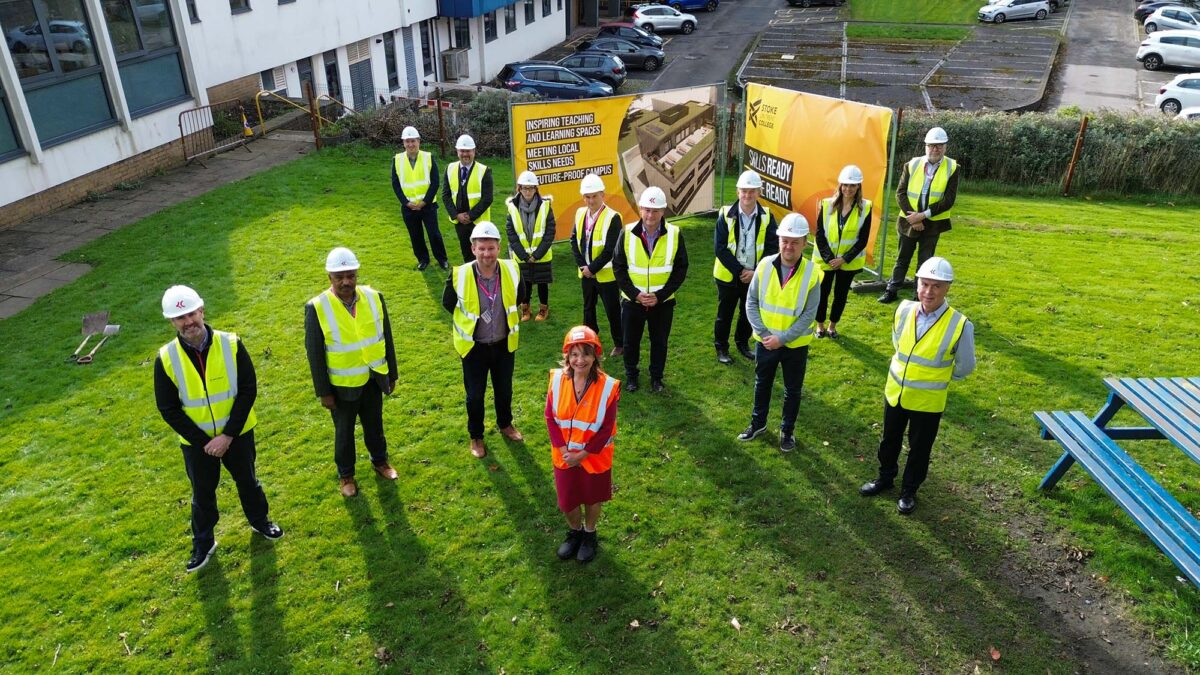
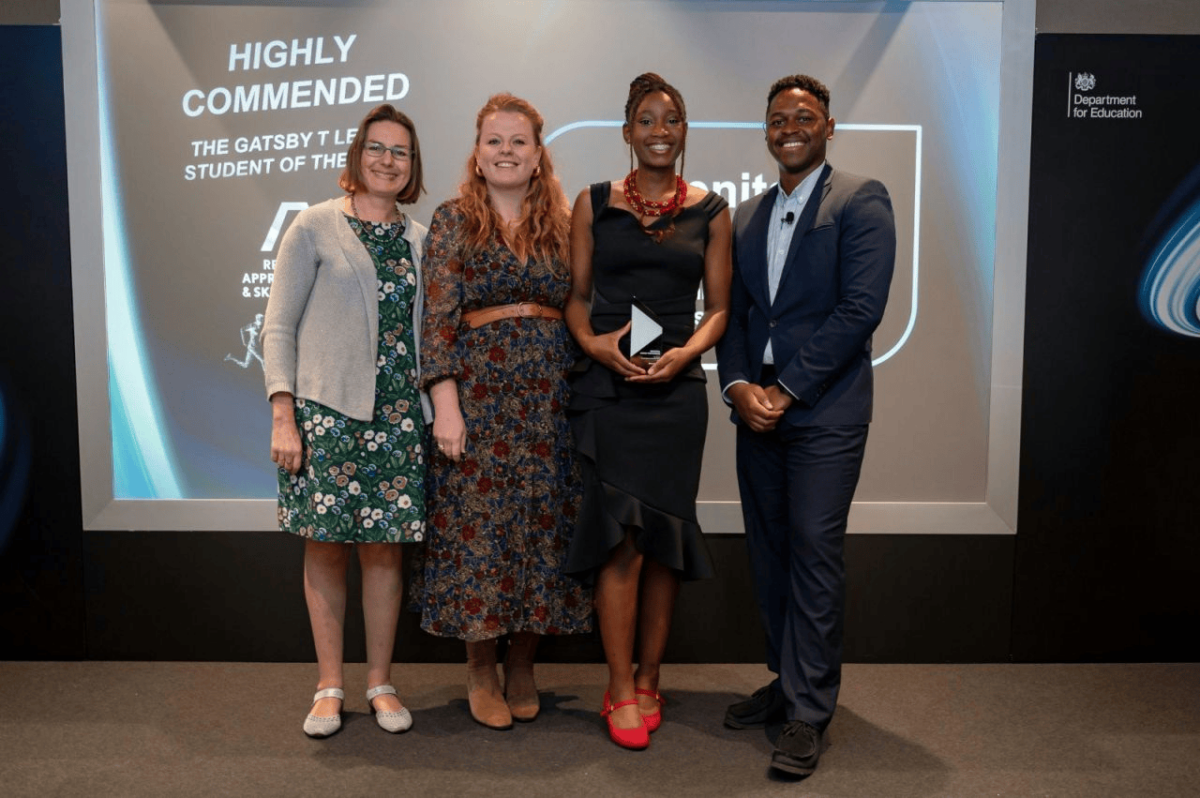

Responses